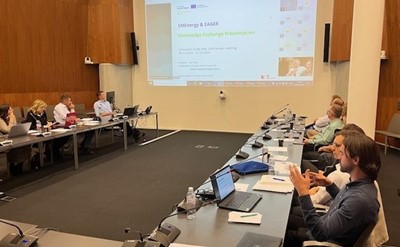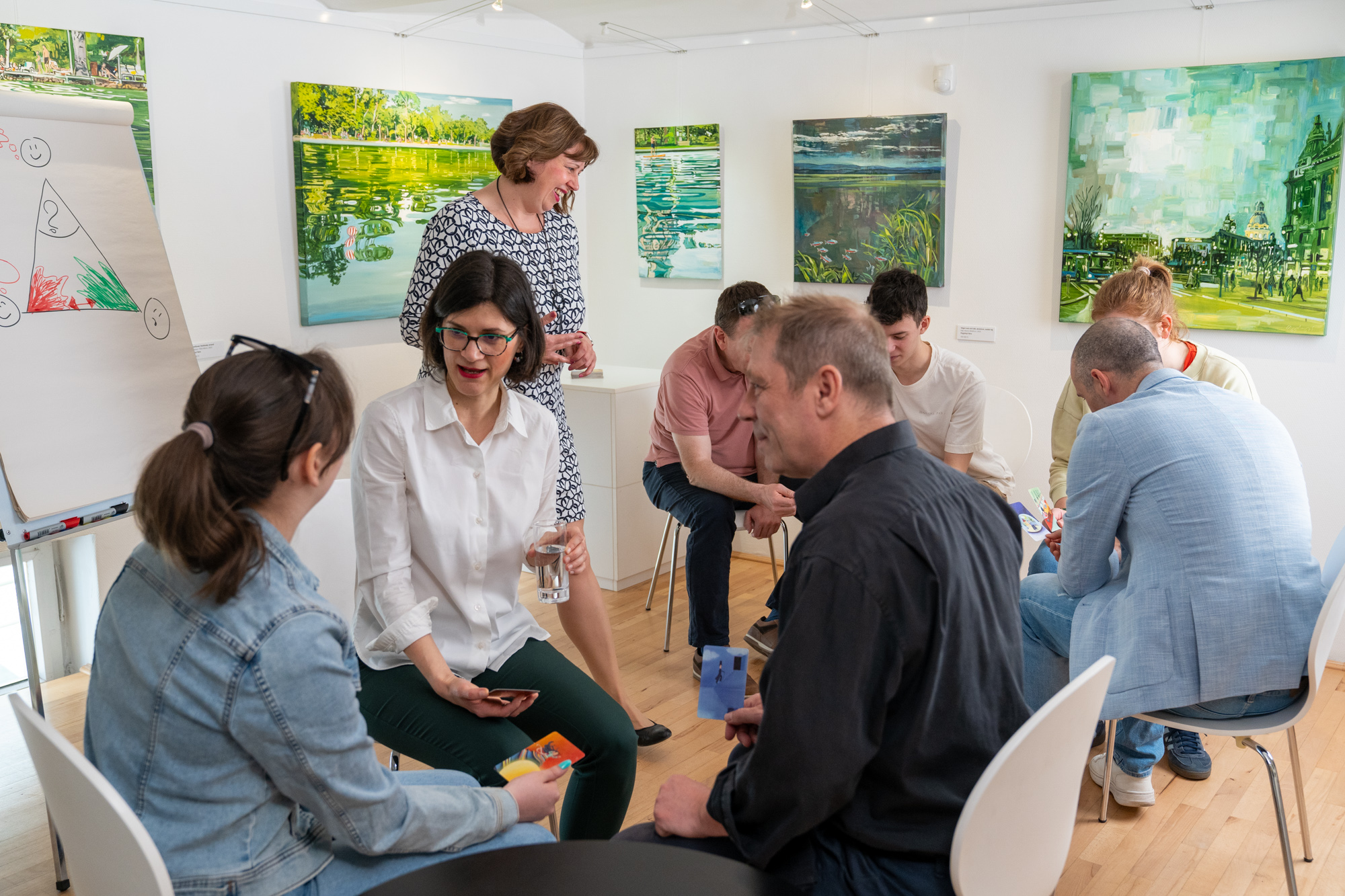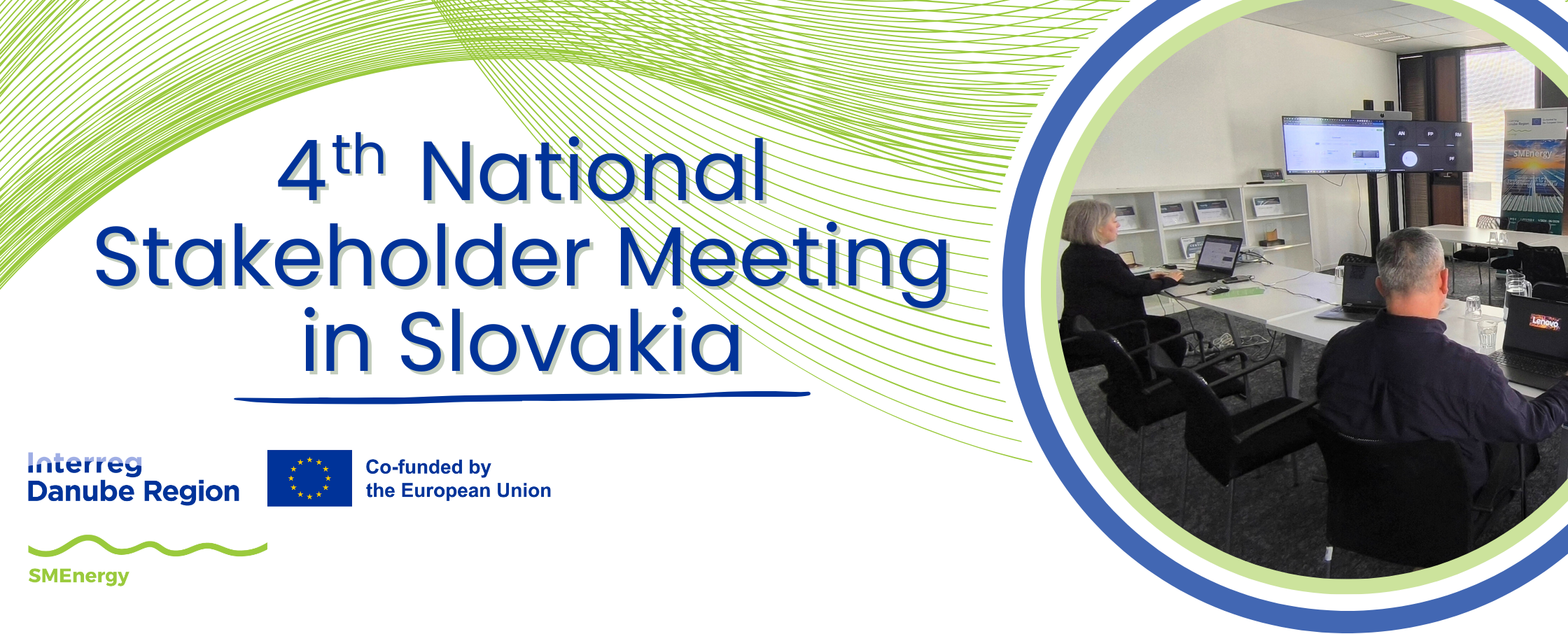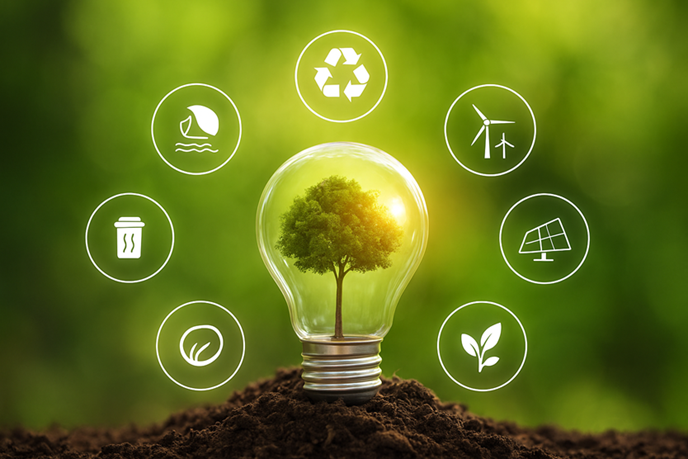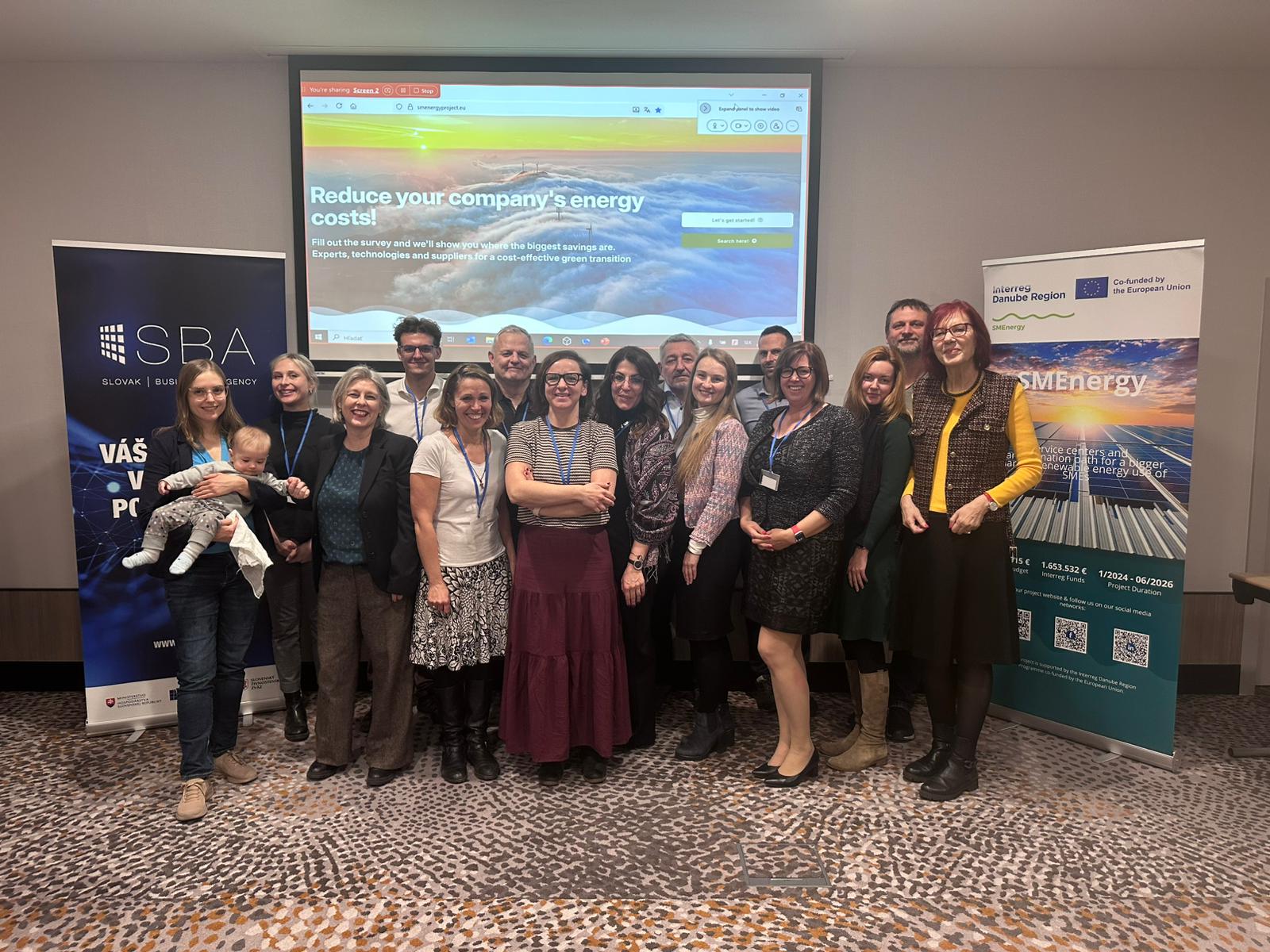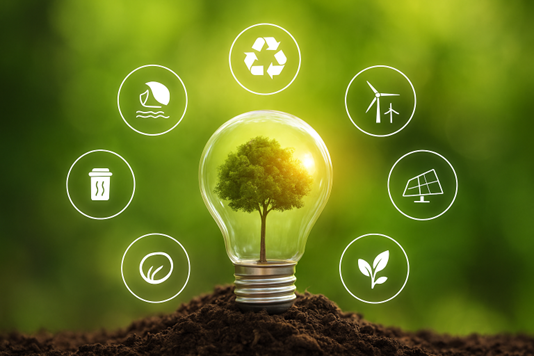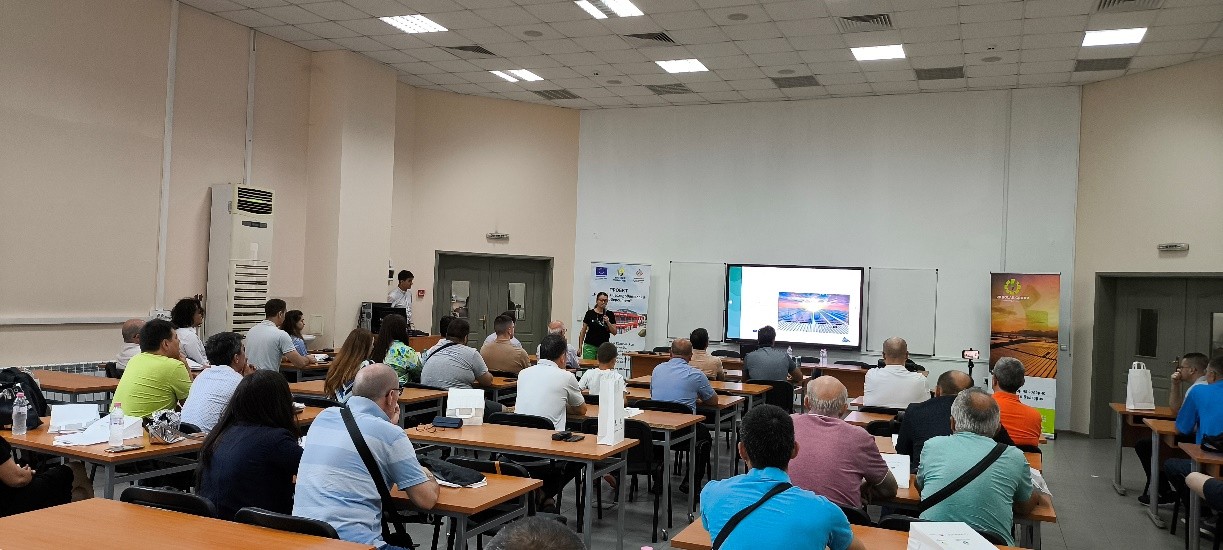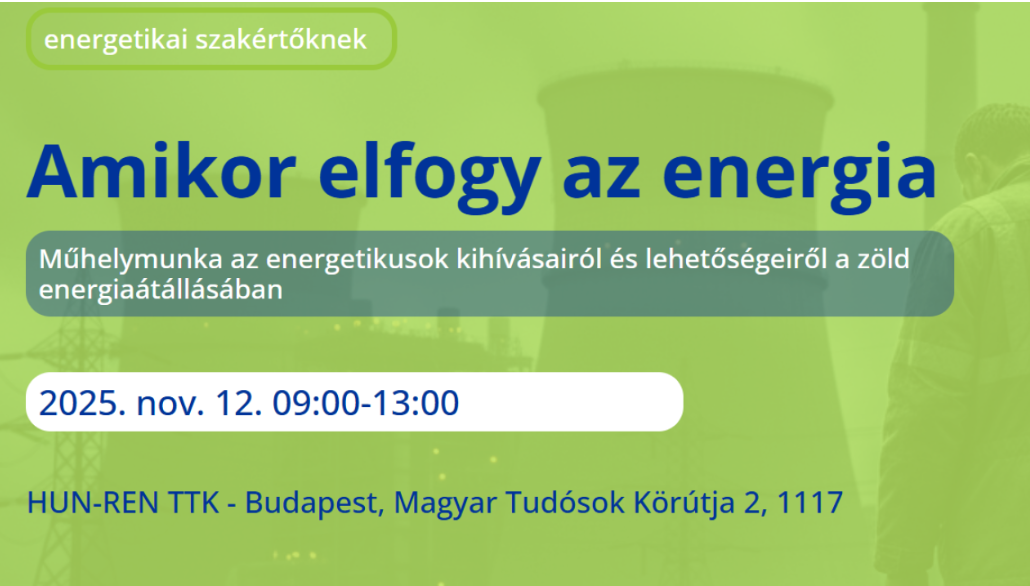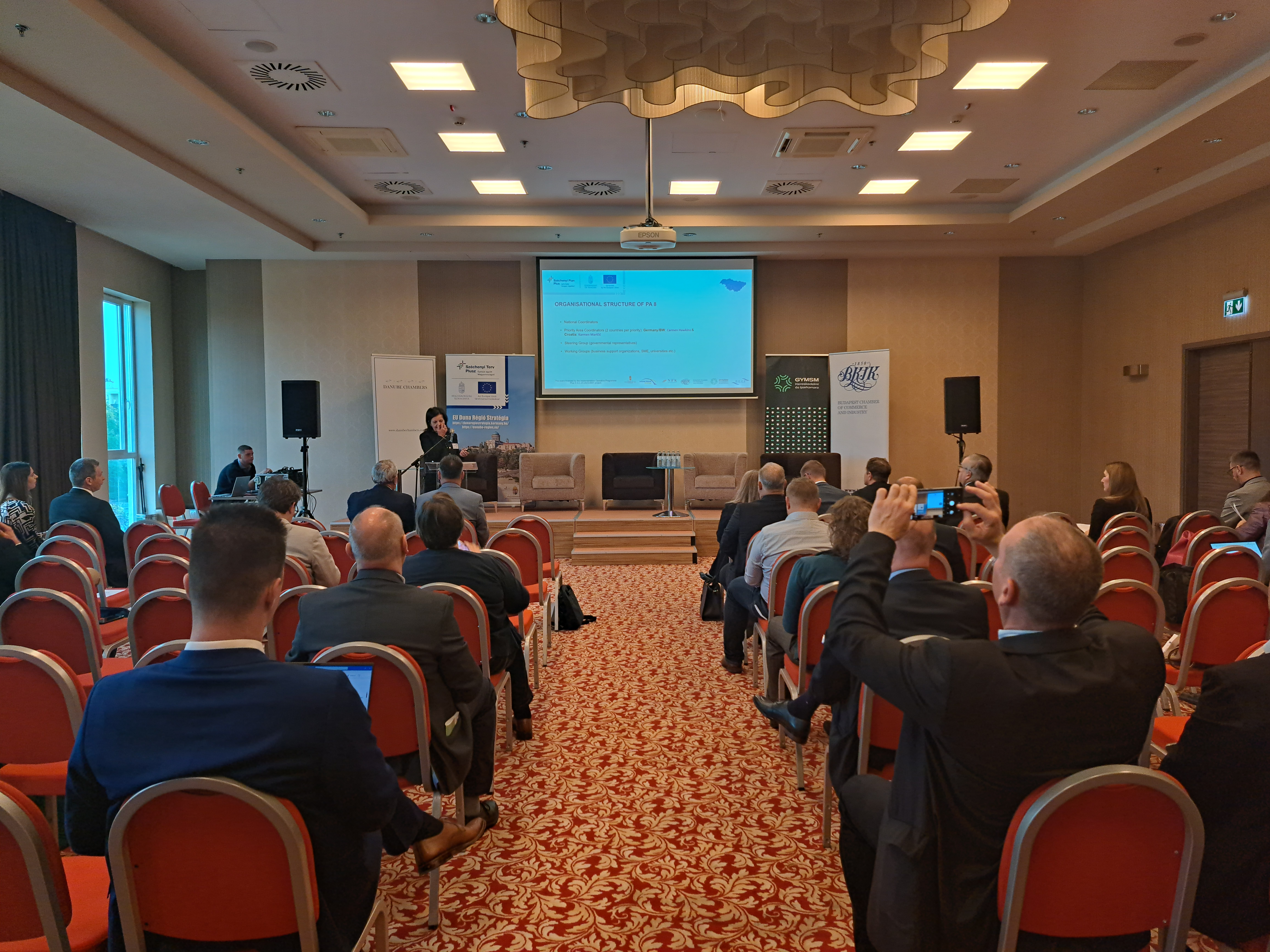On 9–10 October, on behalf of the SMEnergy project, Technologiezentrum Energie (TZE) participated in the EAGER project’s study visit to Vilnius, Lithuania. The visit showcased the EAGER consortium’s innovative solutions to advance agrivoltaics (APV) adoption across Europe. The SMEnergy model was presented, and discussions focused on the importance of a stable agricultural sector for SMEs throughout the Danube region.
As agriculture forms the backbone of many Danube region economies, the shift from fossil-based to renewable energy intensifies the land-use conflict between food production and energy generation. APV enables dual land use, alleviating this tension by allowing both food and energy production on the same land. APV also offers farmers a diversified and stable income source while supplying renewable energy to supporting industries, creating an opportunity to green the entire food value chain.
The study visit underscored key challenges shared by SMEs and agricultural operators:
- Limited resources (including time, knowledge, and finances) to explore sustainability improvements.
- The need for reliable and transparent advice.
- A strong emphasis on education and awareness-raising to increase acceptance of the energy transition.
The visit was hosted by the Nacionalinė mokėjimo agentūra / National Paying Agency, Lithuania, and the Lietuvos inovacijų centras / Lithuanian Innovation Centre (LIC). Participants toured three sites—UAB "Modern E-Technologies" (MET), SoliTek, and Leafood—which demonstrated Lithuania’s advances in renewable electricity production and sustainable food solutions.
To learn more about APV, its benefits for land use, and its impact on industry, check out the article below:
Project EAGER, an EU Interreg Europe-funded project, aims to improve policy frameworks to support APV adoption across Europe, in coordination with policymakers.
News & Events
Read the most recent updates and explore the upcoming events.

